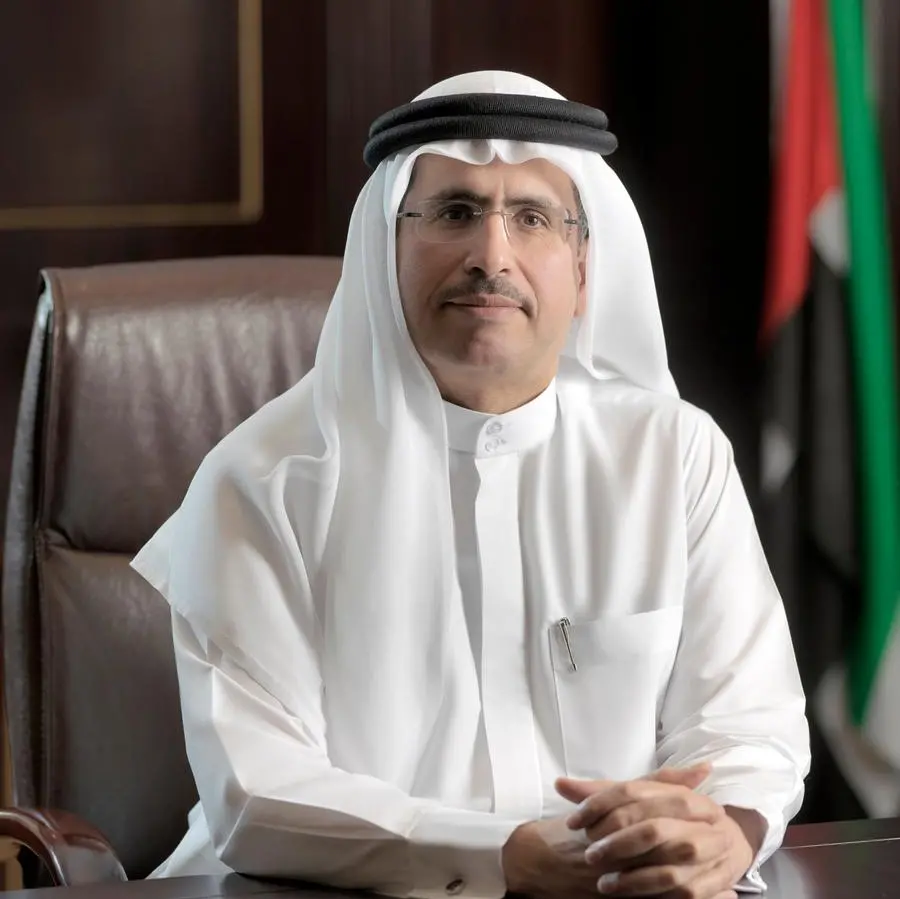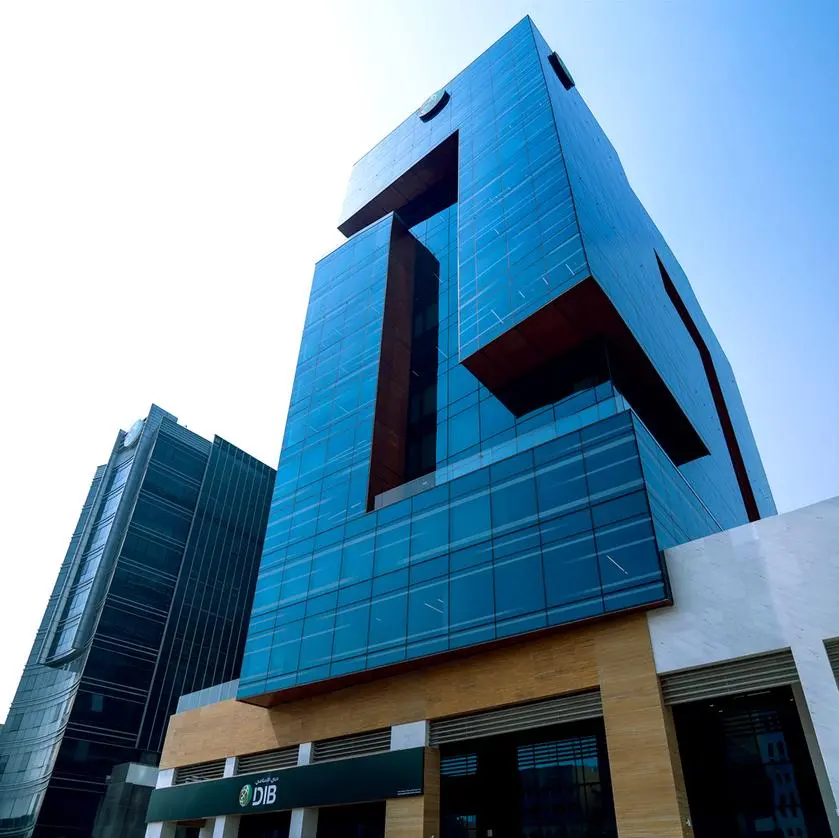A new wave of violence in Ituri province in eastern DR Congo has forced aid organisations to reduce or suspend their activities, leaving thousands of families without life-saving humanitarian support, including food assistance, education and health services.
Save the Children, the Danish Refugee Council (DRC) and the Norwegian Refugee Council (NRC) are among the organisations that have had to temporarily reduce or suspend activities since fighting escalated at the weekend. More than 320,000 people in Djugu territory are now at risk of being cut off from humanitarian assistance, warn the three organisations.
The reduction and suspension of activities come at a time when the country is facing the world’s largest hunger crisis this century. In Ituri province alone, over half of the population – nearly 3 million people – are facing extreme levels of hunger. Of all the provinces in DRC, Ituri has the largest number of people facing extreme hunger, and nutrition and health actors like Save the Children have now lost access.
“1.5 million people are already displaced in Ituri, half of them children. They are relying on humanitarian assistance to survive. The disruption of access to food, water, shelter, healthcare and protection services will only push these extremely vulnerable populations further towards the abyss,” said Caitlin Brady, NRC’s Country Director.
Many armed actors in DRC have been accused of grave violations of child rights in conflict.
“Children and women are paying the highest price in conflicts. Hospitals have been attacked, denying pregnant women and hungry children access to health care; schools have been attacked, denying children the right to education; children are likely to be more and more recruited to armed groups and even killed in the violence. In our ongoing programmes in the area, for weeks now, more than 85,000 children have been left behind due to lack of access in their communities or health centres that used to care for them,” said Save the Children’s Country Director Amavi Akpamagbo.
“Women and children face extreme levels of physical and sexual violence at the hands of armed actors. We have programming to protect these groups but it’s increasingly hard to safely access them. We must see an end to abuses and impunity,” said Martine Villeneuve, Country Director for Danish Refugee Council.
The three organisations call on all parties to the conflict to safeguard civilians’ lives and dignity and allow safe, principled humanitarian access to all affected populations.
Distributed by APO Group on behalf of Norwegian Refugee Council.
© Press Release 2021
Disclaimer: The contents of this press release was provided from an external third party provider. This website is not responsible for, and does not control, such external content. This content is provided on an “as is” and “as available” basis and has not been edited in any way. Neither this website nor our affiliates guarantee the accuracy of or endorse the views or opinions expressed in this press release.
The press release is provided for informational purposes only. The content does not provide tax, legal or investment advice or opinion regarding the suitability, value or profitability of any particular security, portfolio or investment strategy. Neither this website nor our affiliates shall be liable for any errors or inaccuracies in the content, or for any actions taken by you in reliance thereon. You expressly agree that your use of the information within this article is at your sole risk.
To the fullest extent permitted by applicable law, this website, its parent company, its subsidiaries, its affiliates and the respective shareholders, directors, officers, employees, agents, advertisers, content providers and licensors will not be liable (jointly or severally) to you for any direct, indirect, consequential, special, incidental, punitive or exemplary damages, including without limitation, lost profits, lost savings and lost revenues, whether in negligence, tort, contract or any other theory of liability, even if the parties have been advised of the possibility or could have foreseen any such damages.



















